Chess Board
UGX70,000 Original price was: UGX70,000.UGX35,000Current price is: UGX35,000.
Chess Board
Chess and IQ
Chess has been shown to raise student’s overall IQ scores.Tournament chess games, which bind each player to make his move within the stipulated time, hone one’s ability to perform under pressure, mimicking environments of most school and competitive exams.
Chess teaches analysis, logic, and problem solving
Playing chess well involves multiple aptitudes.
Chess improves verbal skills
How could chess possibly improve English skills? The young students learned to make connections based on chess moves; This helped them connect different aspects of what they read in English courses & texts. Thus, the ability to make connections improves the overall IQ score.
Chess increases problem-solving skills
A chess match is like one big puzzle that needs solving, and solving on the fly, because your opponent is constantly changing the parameters.
Chess improves concentration
Chess masters might come off like scattered nutty professors, but the truth is their antics during games are usually the result of intense concentration that the game demands and improves in its players. Looking away or thinking about something else for even a moment can result in the loss of a match, as an opponent is not required to tell you how he moved if you didn’t pay attention.
Chess increases creativity
Chess improves memory
Chess players know — as an anecdote — that playing chess improves your memory. Being a good player means remembering how your opponent has operated in the past and recalling moves that have helped you win before. But there’s hard evidence also. In a two-year study in 1985, young students who were given regular opportunities to play chess improved their grades in all subjects, and their teachers noticed better memory and better organizational skills in the kids. A similar study of Pennsylvania sixth-graders found similar results. Students who had never before played chess improved their memories and verbal skills after playing.
Chess exercises both sides of the brain
In a German study, researchers showed chess experts and novices simple geometric shapes and chess positions and measured the subjects’ reactions in identifying them. They expected to find the experts’ left brains being much more active, but they did not expect the right hemisphere of the brain to do so as well. Their reaction times to the simple shapes were the same, but the experts were using both sides of their brains to more quickly respond to the chess position questions.
Chess teaches planning and foresight
Having teenagers play chess might just save their lives. It goes like this: one of the last parts of the brain to develop is the prefrontal cortex, the area of the brain responsible for planning, judgment, and self-control. So adolescents are scientifically immature until this part develops. Strategy games like chess can promote prefrontal cortex development and help them make better decisions in all areas of life, perhaps keeping them from making a stupid, risky choice of the kind associated with being a teenager.
Chess improves spatial intelligence
The ability to perceive possibilities for movement is particularly crucial to chess thinking, as is the capacity to build up a system of knowledge and experience. Chess thinking often involves a complex, hierarchical structure of problems and sub-problems, and the capacity for retaining and manipulating such complex structures of data concurrently never deviating from the goals, all correlate with having a high IQ.
Chess grows dendrites
Dendrites are the tree-like branches that conduct signals from other neural cells into the neurons they are attached to. Think of them like antennas picking up signals from other brain cells. The more antennas you have and the bigger they are, the more signals you’ll pick up. Learning a new skill like chess-playing causes dendrites to grow. But that growth doesn’t stop once you’ve learned the game; interaction with people in challenging activities also fuels dendrite growth, and chess is a perfect example.
Order for the chess board today
Be the first to review “Chess Board” Cancel reply
Related products
Educational Games


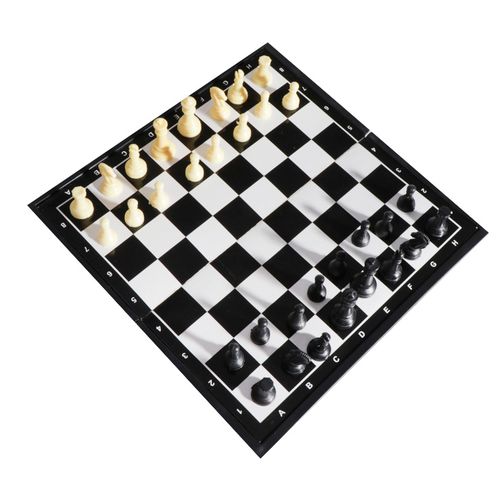
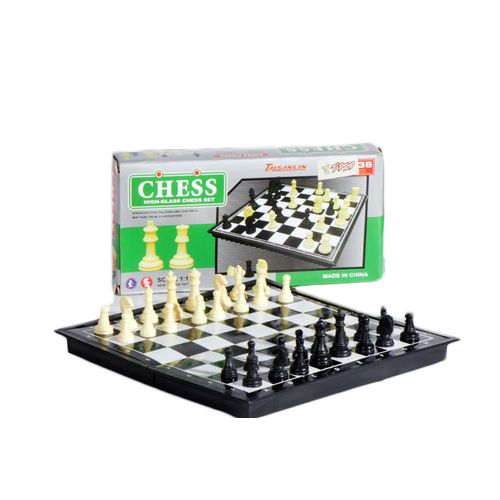
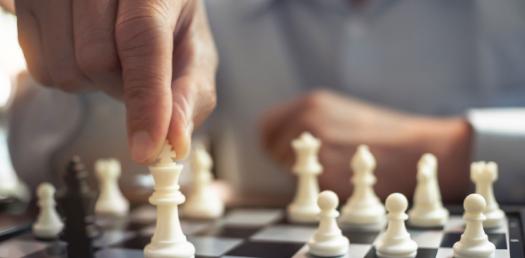

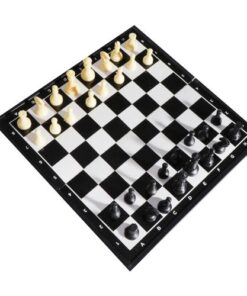
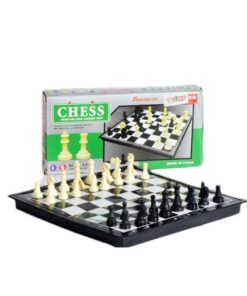
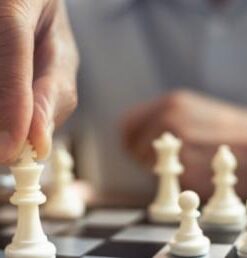
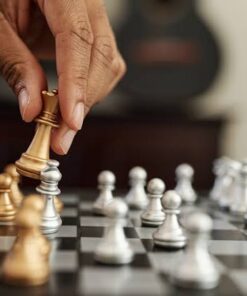
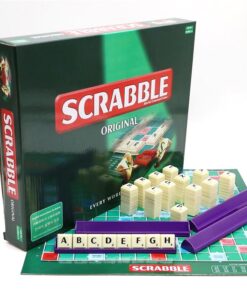
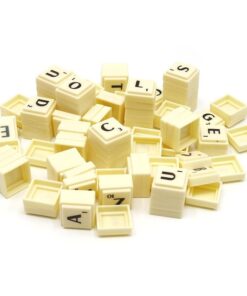
Reviews
There are no reviews yet.